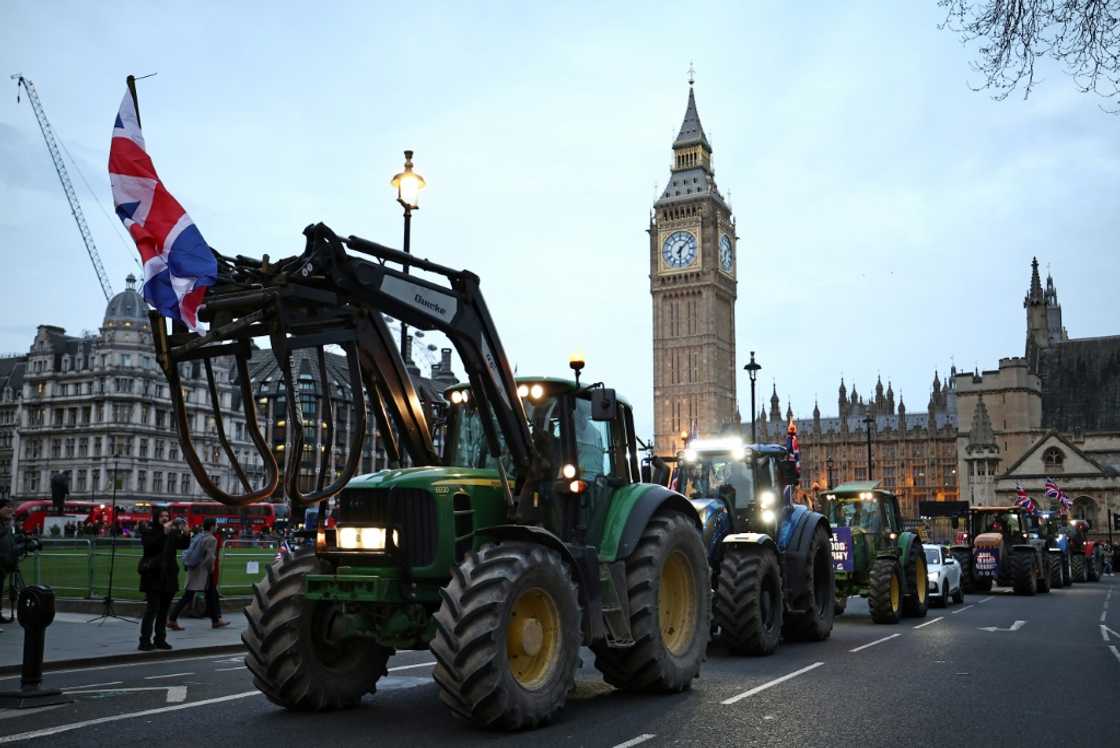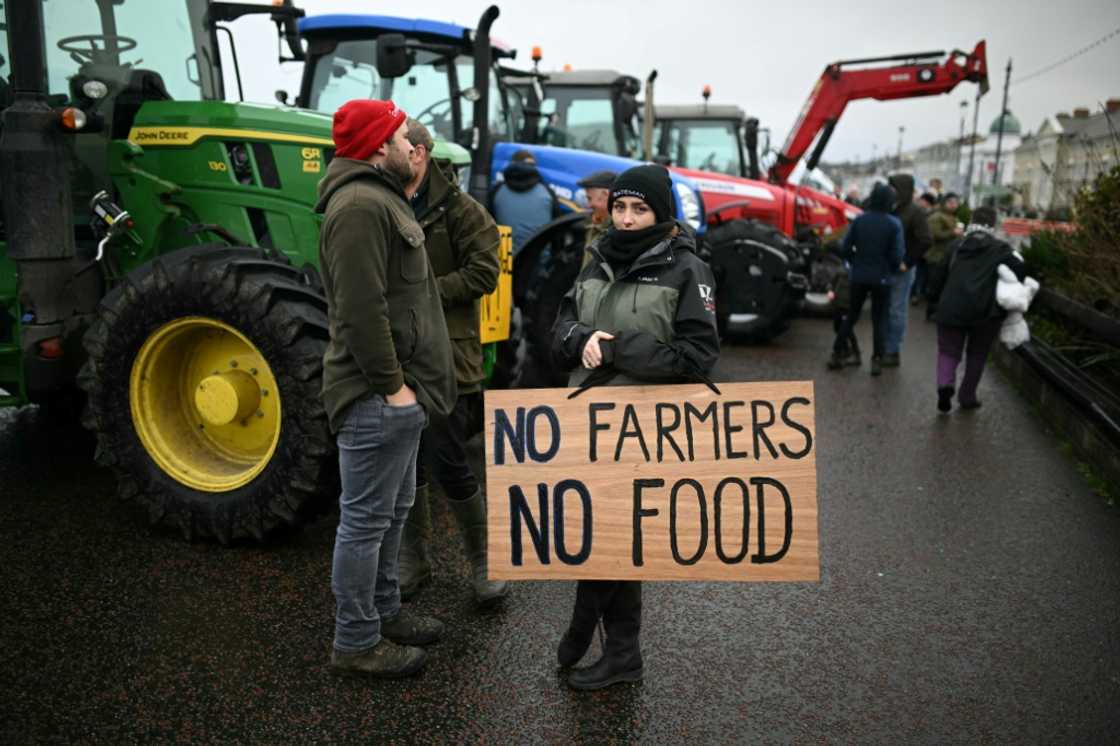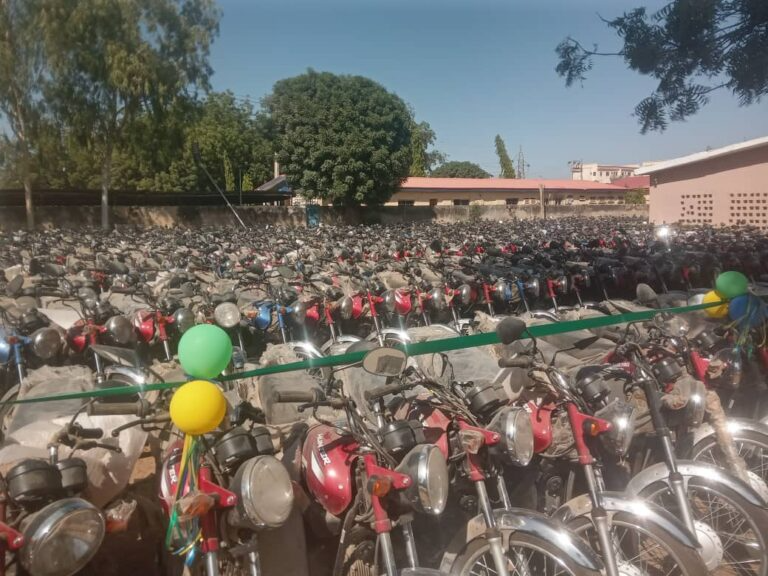
Source: AFP
British farmers massed in London on Tuesday for protests against controversial government plans to change inheritance tax rules for land ownership, which they claim threatens to break up the sector and hit food production.
Farming businesses previously qualified for 100-percent relief on inheritance tax on agricultural and business property, reducing the amounts that farmers and landowners pay when farmland is passed on after a death.
From April 6, 2026, however, total exemption from death duties will only apply to the first £1 million ($1.27 million) of combined agricultural and business property.
The centre-left Labour government has faced a furious backlash from farmers since the change was announced by finance minister Rachel Reeves last month, with even tech billionaire Elon Musk wading in on the row.
Musk, who has been critical of Prime Minister Keir Starmer, on Monday claimed on his X social media platform that "Britain is going full Stalin", in an apparent reference to Soviet leader Joseph Stalin's forced collectivisation of privately owned farms in the 1920s and 1930s.
He shared a Guardian newspaper comment piece that accused farmers of having "hoarded land for too long", and which argued the inheritance tax change could break up farms and give younger farmers a chance to buy land.
The National Farmers Union (NFU), which represents more than 45,000 members in England and Wales, said its "mass lobby" of parliament will help explain the effects of the policy change on farms, farming and food supply.
It is expecting some 1,800 members to take part. Several tractors drove through the streets before a rally near government buildings where thousands are expected, despite driving rain and snow.
'Storm'
Under former leader Tony Blair, the Labour government faced a furious backlash from farmers and rural communities over its plans to ban foxhunting with dogs in England and Wales.
In September 2002, more than 400,000 people marched through London, according to organisers the Countryside Alliance.
On Tuesday, a defiant NFU president Tom Bradshaw told Sky News that the latest protests would continue for as long as it takes.

Source: AFP
"This will carry on," he said. "They (the government) cannot have a policy in place which has such disastrous human impacts and think we're going to go quiet."
Bradshaw
met Monday with Environment Secretary Steve Reed and said afterwards he had shown a "level of understanding" over the farmers' complaints.
But both sides appear to be digging in for a prolonged battle.
Across the Channel, European farmers, including in France, have mounted rolling protests over a long list of burdens they say are squeezing revenue.
Central to the row in Britain, where farmers have been struggling due to lack of funding and labour shortages since the country's departure from the European Union, is how many people could be hit by the tax.
Prime Minister Keir Starmer on Monday said "the vast majority of farms" will not be affected.
The government maintains the actual threshold before paying inheritance tax could be as much as £3 million ($3.8 million), once exemptions for each partner in a couple and for the farm property are taken into account.
The Treasury maintains that this means as such nearly three-quarters of farms would not be liable to pay death duties.
But the NFU insists that more farms could have to pay the tax when land, property and equipment are taken into account, pointing to Defra figures that show that 66 percent of farm businesses in England have a net value of more than £1 million.
"There's huge mistrust in the numbers, even Defra and the Treasury can't agree on the number," Bradshaw said Tuesday.
"Our numbers suggest that 75 percent of commercial farms, those farms producing this country's food, are caught in the eye of this storm."
Source: AFP
















 English (US) ·
English (US) ·